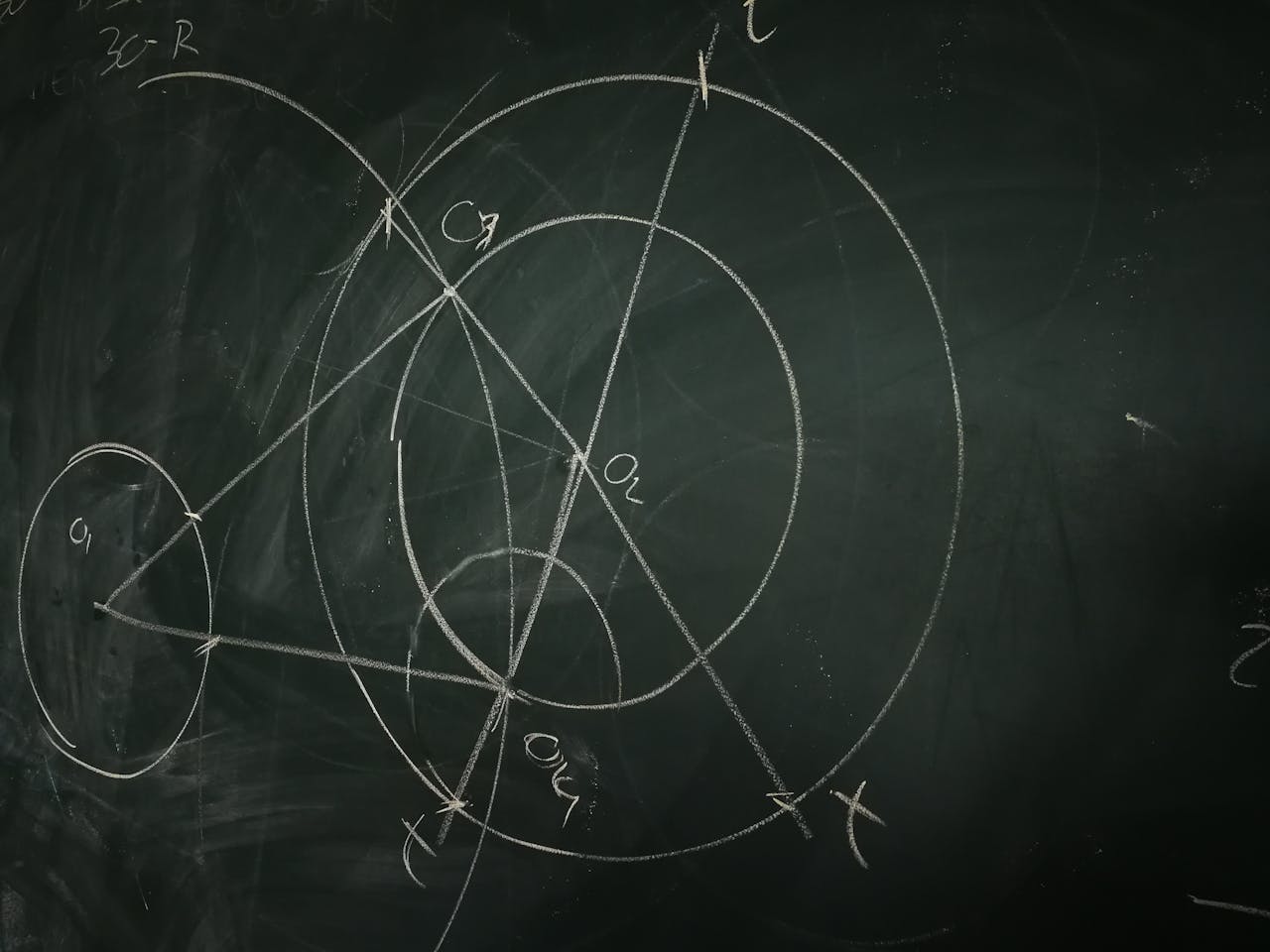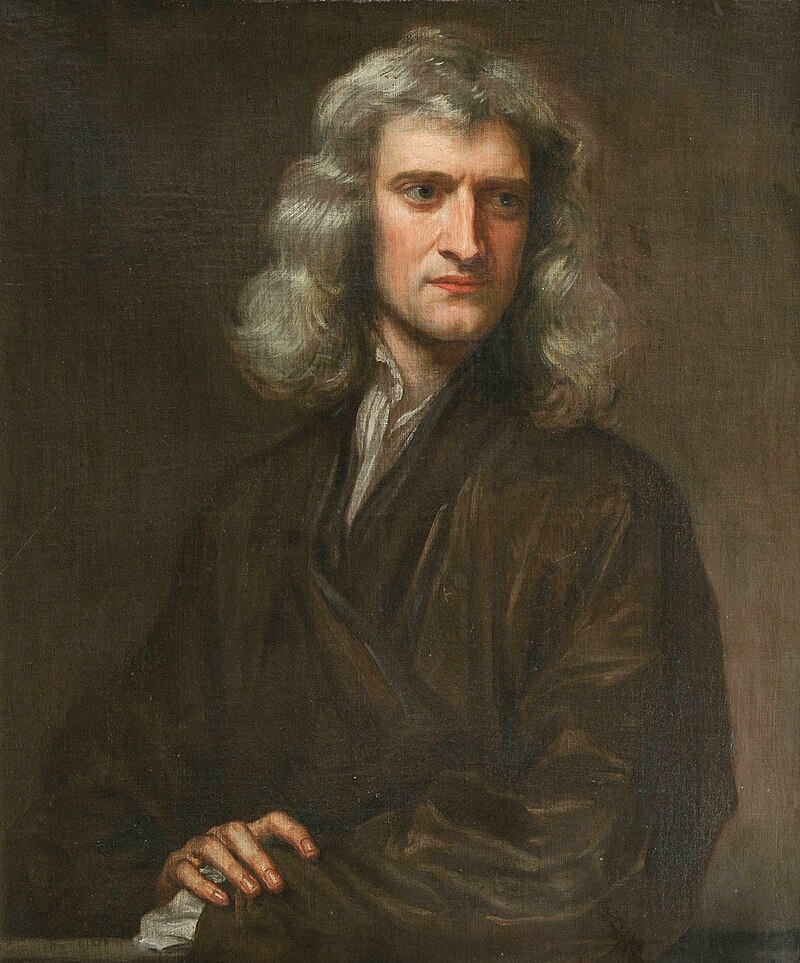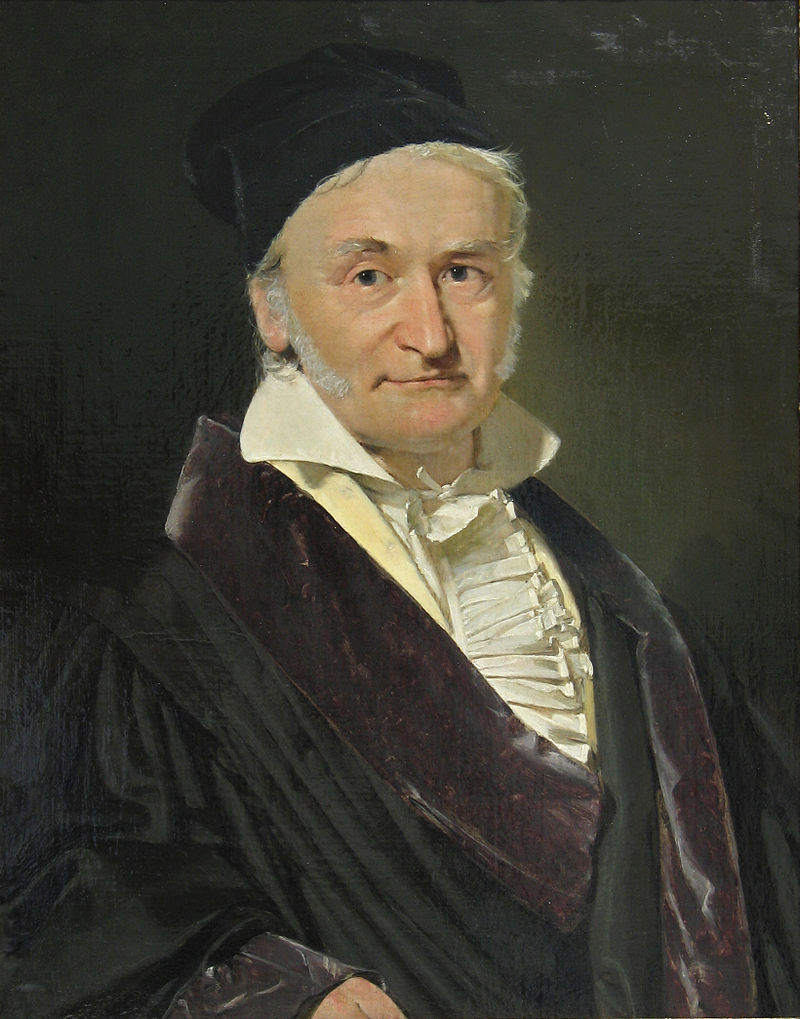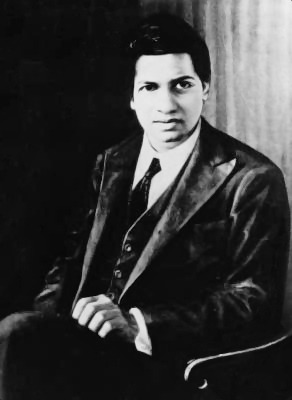Isn’t it a coincidence that some of the most groundbreaking ideas in mathematics came from minds centuries apart? You’ve likely encountered the influence of Euclid’s geometry, Pythagoras’s theorem, or Newton’s laws in not just your studies, but in everyday life. These mathematicians, along with others like Gauss and Ramanujan, laid down the foundational blocks of modern mathematics.
Understanding their contributions not only sheds light on the evolution of mathematical thought but also highlights the interconnectedness of past and present knowledge. Let’s explore how their legacy continues to shape our understanding of the world, leaving you to ponder the breadth of their impact.
The Legacy of Euclid
Why does Euclid’s legacy continue to shape our understanding of geometry today? Known as the Father of Geometry, Euclid’s development of Euclidean Geometry has had a profound impact. His textbook, ‘Elements,’ isn’t just a historical artifact; it’s a cornerstone of modern mathematics education. Through this seminal work, Euclid established the framework of mathematical reasoning and proofs, setting a standard that persists in classrooms around the globe.
Euclid dedicated his life to unraveling the complexities of geometry, crafting a legacy that has endured for centuries. His work laid down the geometric principles and theorems that form the bedrock of the subject. Because of him, you’re introduced to a world where logic and beauty intertwine, where every geometric statement is backed by a proof, and where the fundamental truths of space and shape are explored.
His influence stretches beyond the domain of academia. In every geometric principle you learn and every theorem you apply, Euclid’s legacy is present. It’s a sign of the enduring power of his contributions and his central role in shaping not just mathematics education, but the way we comprehend the world around us.
Pythagoras and Geometry
Building on the geometric principles laid by Euclid, Pythagoras’s discovery of the Pythagorean theorem further revolutionized our understanding of geometry. You’ve likely encountered this fundamental concept in your geometry chapter, marveling at how it elegantly relates the sides of a right triangle. Pythagoras’s contributions extend far beyond a single theorem; they’re a cornerstone in the vast edifice of mathematics, shaping how we comprehend spatial relationships and solve mathematical problems.
Imagine you’re sailing through these aspects of Pythagoras’s impact:
- The Pythagorean Theorem, a beacon guiding countless students and scholars through the complexities of geometry.
- Spatial relationships, untangled with the precision and clarity that only Pythagoras’s insights could provide.
- Mathematical problems that seemed insurmountable, now demystified with the application of this right triangle principle.
Pythagoras didn’t just contribute a theorem; he laid down the very foundations of geometry that continue to support and inspire further advancements in the field. His work is essential for understanding the world in geometric terms, making your journey through mathematics both enlightened and enriching. Through his legacy, you’re not just learning equations; you’re revealing the secrets of the universe itself.
Archimedes’ Ingenious Discoveries
How did Archimedes’ principle of buoyancy forever change our understanding of physics and engineering? As a Greek mathematician, Archimedes’ discoveries laid the groundwork for modern science and engineering. His principle of buoyancy, a cornerstone in physics, explains why objects float or sink in fluid, revolutionizing how you look at water and its interactions with objects. This principle isn’t just a theoretical concept; it’s applied in designing ships and submarines, making Archimedes’ work incredibly relevant even today.
Moreover, Archimedes’ inventions, like compound pulleys and the screw pump, showcase his genius in engineering. These inventions not only solved practical problems of his time but also set the stage for future technological advancements. Imagine lifting heavy objects with ease or transferring water to higher grounds—tasks made possible by Archimedes’ compound pulleys and screw pump.
Additionally, Archimedes formulated geometric theorems and mathematical formulas that are integral to physics and engineering. His work is pivotal in class X chapters, highlighting his undying importance in mathematics. Through Archimedes’ legacy, you’re reminded of the timeless impact of ancient Greek mathematicians on today’s scientific and engineering marvels.
Isaac Newton’s Universal Laws
Following Archimedes’ groundbreaking work, Isaac Newton further transformed our comprehension of the universe through his development of the universal laws of gravity. You’ve likely heard of Isaac Newton, a name synonymous with genius. But what makes his contributions so monumental?
Newton’s work laid the foundation for classical mechanics, a cornerstone of modern physics. He introduced the laws of motion, principles that describe how objects move under the influence of forces. Beyond motion, he tackled the imperceptible force of gravity, explaining the attraction between objects, from falling apples to orbiting planets.
His intellectual toolkit included:
- Calculus: A mathematical breakthrough dealing with rates of change. Newton invented this to solve problems of motion and area calculation, forever changing how we perceive dynamics and the flow of time.
- Binomial theorem: This provided a way to expand algebraic expressions, a crucial tool in mathematics and physics.
- Universal laws of gravity: These laws explained how every object in the universe attracts every other with a force that made sense of planetary orbits and set the stage for later discoveries in astrophysics.
Newton’s fusion of mathematical brilliance with scientific understanding permanently altered our grasp of the physical world, bridging the gap between the heavens and Earth.
The Brilliance of Carl Gauss
In the domain of mathematics, Carl Gauss stands out as the Prince of Mathematicians, making groundbreaking contributions to fields like number theory and statistics. This German mathematician, Carl Friedrich Gauss, didn’t just explore the boundaries; he obliterated them. He discovered the Gaussian distribution, a cornerstone of probability theory that’s essential in the spheres of science and engineering. But Gauss wasn’t content with revolutionizing just one area.
Despite becoming blind later in life, Gauss’s productivity didn’t just continue; it soared. He published nearly 900 books, each filled with insights that have shaped modern mathematics. His obsession with perfection led to pioneering advancements in non-Euclidean geometry, a field that challenged the very foundations of mathematical understanding.
Gauss’s genius didn’t stop there. He researched Latin Squares, a concept that has influenced the development of Sudoku, blending pure mathematics with puzzles that captivate millions. Through his work, Gauss demonstrated that mathematics isn’t just about numbers and equations; it’s a canvas for creativity, innovation, and endless exploration. Even in the face of adversity, Gauss’s brilliance shone brightly, proving that true genius knows no bounds.
Ada Lovelace: Computing Pioneer
Shifting our focus to another luminary in the domain of mathematics and computing, Ada Lovelace emerged as the world’s first computer programmer through her innovative work on Charles Babbage’s Analytical Engine. Her collaboration with Babbage wasn’t just a footnote in history; it laid the groundwork for the future of computing technology and programming. Ada’s exceptional mathematical skills were evident from a young age, and she introduced various computer concepts and algorithms that were revolutionary.
Imagine the world of computing without Ada Lovelace’s contributions:
- No clear concept of an algorithm designed to be processed by a machine.
- A delay in recognizing the full potential of computing machines beyond mere number crunching.
- The absence of a visionary perspective on how computing could evolve into a fundamental aspect of science and daily life.
Ada Lovelace’s notes included the first algorithm intended for machine processing, marking a significant leap forward in computing. Her visionary ideas on computing and algorithms have cemented her legacy as a pioneer in computer science. You’re walking in the footsteps of a visionary whose ideas continue to influence the very fabric of computing technology.
Ramanujan’s Mathematical Genius
Exploring another tale of unparalleled intellect, you’ll discover how Srinivasa Ramanujan, a self-taught genius, reshaped the landscape of mathematics with his innovative theories and formulas. With no formal education in mathematics, Ramanujan’s profound insights into infinite series and the partition function caught the eye of the mathematical community, leading to publications in prestigious European and English journals. His collaboration with G. H. Hardy was a turning point, propelling him into the limelight for his exceptional contributions.
Ramanujan’s work in number theory and mathematical analysis was nothing short of revolutionary. He was a prodigy whose raw talent and passion for mathematics challenged and expanded the boundaries of the field. Despite his short life, Ramanujan’s legacy lives on, inspiring mathematicians worldwide with the power of imagination and the depth of his discoveries.
As you immerse into Ramanujan’s story, you’re reminded of the transformative power of individual genius. His journey from a self-taught mathematician to an internationally recognized figure underscores the impact one person can have on the evolution of mathematical thought. Ramanujan’s legacy is a tribute to the infinite possibilities that await when talent meets tenacity.
Conclusion
In sum, you’ve journeyed through the minds of some of history’s greatest mathematicians, from Euclid’s geometrical foundations to Ramanujan’s genius. You’ve seen how Pythagoras and Archimedes shaped our understanding, how Newton redefined the universe with his laws, and how Gauss’s brilliance in mathematics is unrivaled. Ada Lovelace’s pioneering work in computing has also left an indelible mark. Their collective contributions have not only advanced mathematics but also laid the groundwork for countless discoveries that continue to shape our world today.




